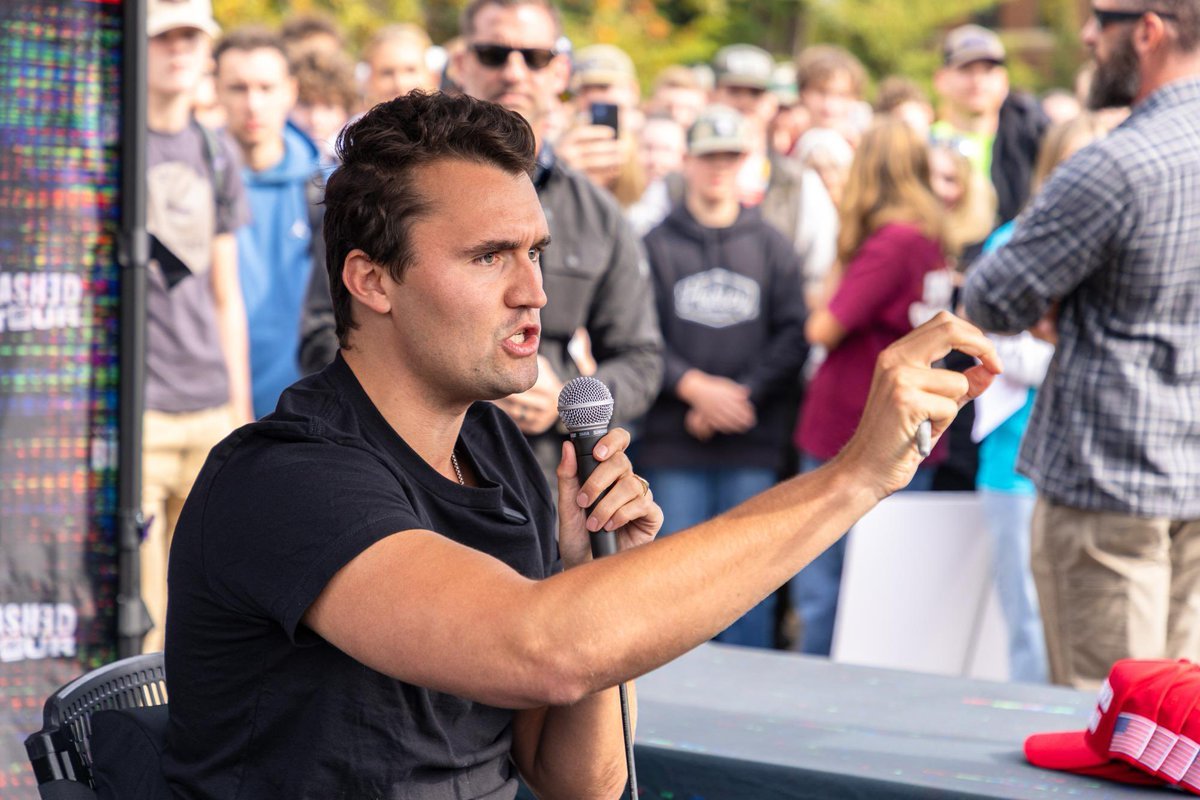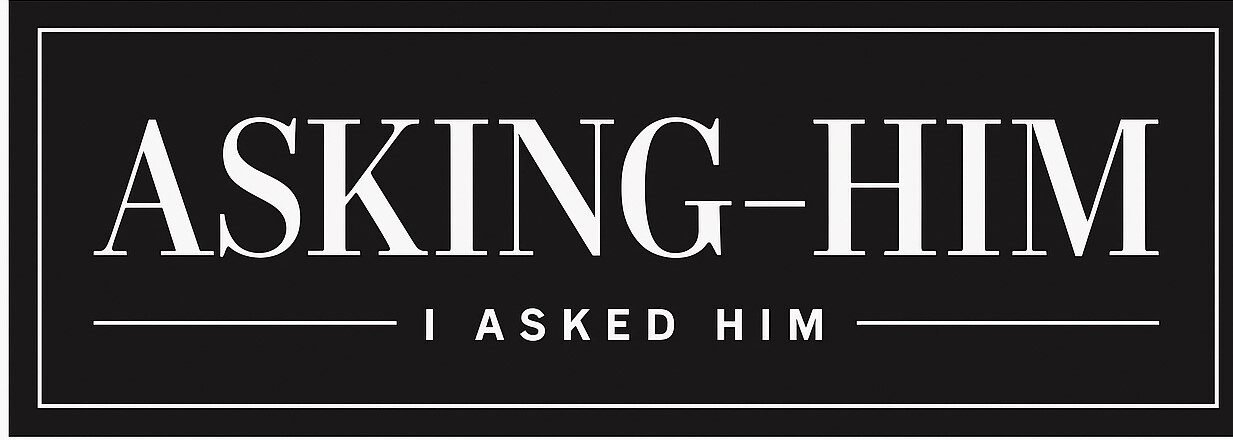
In recent weeks, reports have emerged that conservative commentator Charlie Kirk was on the verge of entering the Catholic Church. The story broke when Bishop Joseph Brennan of Fresno confirmed that Kirk privately told him he was “this close” to becoming Catholic. For many, this revelation cast new light on the personal faith journey of a man long identified with the Protestant evangelical tradition and the conservative political movement.
The Fresno Encounter
According to Bishop Brennan, Kirk spoke openly at a pro-life prayer breakfast in Visalia, California. In a private moment, Kirk shared that he regularly attended Mass with his Catholic wife and children. He spoke warmly of his parish priest, even punctuating the conversation with: “I love my Catholic pastor.”
As they parted, Kirk admitted speculation about his discernment was true, confessing: “I’m this close.”
This was not a casual aside. It was a clear sign that Kirk had been considering, in earnest, one of the most consequential decisions of his life — full communion with the Catholic Church.
Faith in Public and Private
These accounts didn’t come out of nowhere. Friends of Kirk have said for months that he was wrestling with Catholic teaching, praying the Rosary, and seeking out priests for counsel. Candace Owens — one of his closest allies in the conservative movement — even affirmed that Kirk had told her he was both praying the Rosary and attending Mass.
For a man known for hard debates, that is not small talk. That is a window into the most private, personal realm of life — the spiritual struggle for truth.
The Wisdom of Changing One’s Mind
Look, here’s the thing — faith is not a political hashtag or a rhetorical trick. It’s the hardest, most personal business a person can do. People change their minds when they discover something true, beautiful and real — and that’s not weakness, it’s wisdom.
Reports already show Kirk had private conversations with priests, attended Mass with his family, and told a bishop, “I’m this close.” Whether you agree with him or not, reconsideration isn’t betrayal; it’s conversion of the heart.
If someone like Charlie — a man forged in public debate and ideological combat — tells a trusted pastor he’s opening a door to something older and deeper, that’s news because it shows the life beyond our talking points: ritual, the sacraments, the model of Mary, the steady discipline of prayer. For those who think faith is reducible to culture-war cues, this moment should challenge you: real conviction sometimes arrives quietly, in a rosary bead, in a Mass, in a private “this close.” If a courageous man can change his mind after weighing truth and tradition, the rest of us should at least listen.
The Marian Question
And here’s what makes this even more striking: reports say Kirk admired Mary, the Mother of God, and lifted her up as the example for women. In a culture drowning in confusion about gender and identity, Kirk saw Mary as the ultimate model — faithful, humble, courageous, and obedient to God’s call.
That’s not just theology. That’s counter-cultural dynamite. To say “women should look to Mary” is to reject the shallow caricatures of womanhood offered by both modern secularism and consumer culture. For Kirk to highlight Mary as the model means he was not dabbling in Catholicism; he was studying its heart.
Why People Convert
In various talks and exchanges, Kirk reportedly pointed to the reasons people turn toward Catholicism: the sacraments, the rootedness of tradition, the visible unity of the Church, and the intellectual depth of its philosophy and theology. Converts say Catholicism offers something unshakable in an age of confusion — a faith tested by centuries, not just decades.
Kirk, a student of history and ideas, seemed to grasp that. As one close friend put it, “He understood people aren’t converting because it’s trendy. They’re converting because they want the truth.”
The Larger Lesson
Whether Kirk ultimately made the leap is known only to God. But the testimony of bishops, friends, and allies suggests he was closer than many realized.
And maybe that’s the larger lesson: that the Catholic faith still compels, still draws, still calls men and women at the height of their influence to bend the knee before something greater.
If someone like Charlie Kirk — known for firebrand rhetoric and ideological conviction — could say “I’m this close,” then perhaps the Church has more to say to our age than we have been willing to admit.


